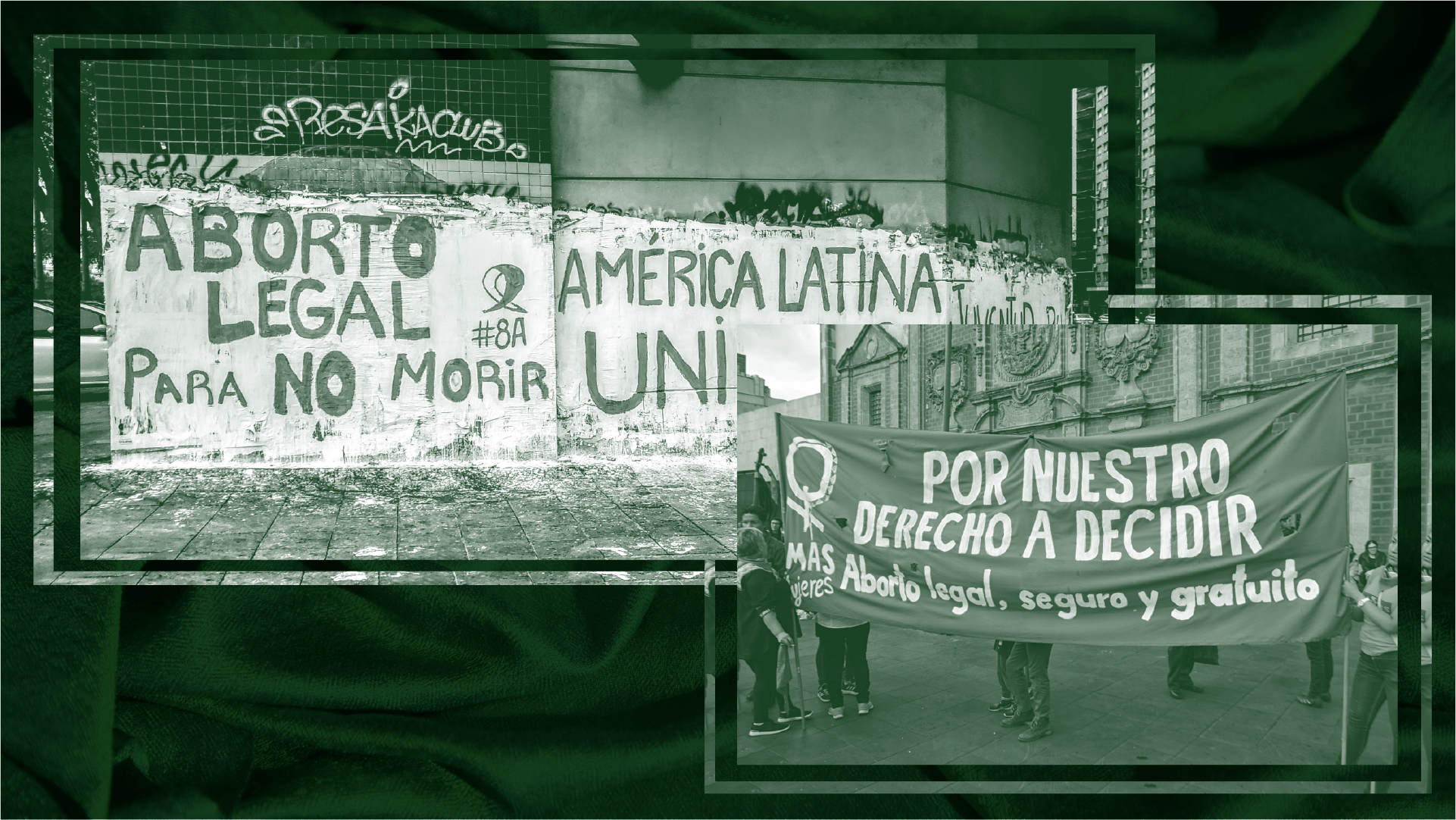
Adults Near UNC’s Campus Step Up to Support Students When University Resources Fail
A new community-led initiative pairs students with various needs with local parents who can provide it.
Tiz Giordano, a North Carolina community organizer and essential worker, was horrified when they came across a Reddit thread of a University of North Carolina COVID dorm occupant. Even before, they were well aware of the UNC’s brewing COVID crisis, partly because they live by student housing and saw a large number of maskless students partying and partly because they’re in a UNC student meme group, where tragicomic images of frightened students filled the feed. But it wasn’t until that moment that Giordano decided to do something about it.
The thread Giordano came across recounts a student’s time living in Craige Residence Hall, a dorm converted by the university for students to quarantine who might have been exposed. The student returned to on-campus housing to avoid an unstable home situation, but shortly became ill with COVID-like symptoms and was forced to relocate to the quarantine dorm. There, they received little to no care — no checkups, screenings, or monitoring while waiting to be tested — from the university. The student wasn’t alone in their experience: less than a week after classes began, the university identified several COVID clusters and shortly moved classes online.
Giordano knew that marginalized students would be those most affected by lackluster governance and irresponsibility of what they described as “mostly frat and sorority” members. As a “Chaepel Hill / Carrboro Mothers Club” Facebook group member, they were aware that many local parents wanted to do something to help them. So Giordano decided to start pairing up those in need with parents willing to provide a helping hand. They created two spreadsheets, one for the students and one for the parents, and then dispersed them on social media. The process is pretty straight-forward: students fill out the form with some basic information about themselves, and ask for what they need help with. The parents — or anyone wanting to help — can provide details of what they are able to offer. Based on the specific needs, such as “queer,” “in recovery,” “none religious,” “Immigrant,” “black only,” “sexual assault survivor,” Giordano makes a match.
In three first three days, 19 students and some 125 families filled out the request forms. Now, just three weeks after the program started, Giordano counted 35 students in need, and 240 families willing to help.
While many parents were willing to provide resources, such as care packages, legal help for immigrants, and even housing, Giordano said it was the emotional support that the students — majority of whom were freshman, queer, and foreign-born — craved the most. “They say: ‘I’m scared. I don’t have an affirming family. My family is in Beijing. My family is in a different time zone,’” Giordano recalled, “‘I just want someone to talk to.’”
Giordano gave an example of one student who specifically asked for a Black parent because the student was living in a predominantly white area. The two were able to make a connection, fostering emotional support the student needed to adjust to their situation.
One of the participating moms, Heath Sledge, who found the forms on a UNC subreddit agreed, saying the California native that she was paired with was “very freaked out,”
stuck in a hotel room awaiting test results that had no known ETA. Sledge believes he primarily “needed emotional support.” Even though he was missing a number of essential items, including a phone charger, it was panic caused by all of the unknowns that weighed on him the most. After talking with him however and reassuring him that he wasn’t alone in this, Sledge said that he was able to resolve the missing item issues himself.
“I’m really struggling right now because I have no parental figure in my life so navigating adulthood/college is hard enough without all this COVID shit,” said one of the students in the comment section of Giordano’s Reddit thread about the initiative, “Thank you so much for doing this.”
UNC shifted to 100% online learning on Aug. 17. But the matching service has no intention of shutting down, as not every student is able to go back home. Some students live with their grandparents and fear bringing the virus back to them. Others, similarly to the AMA author, have unstable home situations and rely on the university for food and shelter.
But Giordano’s willingness to help UNC students wasn’t risk free. Their spouse is immunocompromised and recently lost his federal unemployment, forcing the couple to apply for food stamps. The activist believes that they will be able to rely on a local mutual aid fund if the government assistance isn’t enough.
“It’s time to stop believing in authority and start believing in each other,” Giordano said. “These are youths who have been failed by the institutions and adults in their lives. No brainwashed 18-year-old whose decision skills have not fully developed should die because some shitty, decrepit GOP politician wants to line his pockets with cash from donor bags.” Sledge echoed this sentiment saying she was “really mad” at the UNC administration for their handling of the situation. “Everything is falling on the students’ shoulders,” she said, “A lot of them are young and have never lived at home before. They don’t know how to navigate a lot of this stuff.”
“Mutual aid funds are stepping up in ways governments are not,” Giordano said. They hope other cities will take note and create similar initiatives to help students. But the one thing Giordano wanted people to remember is that regardless of personal experience in community organizing, “anyone in the community that sees a hole can fill it.”


